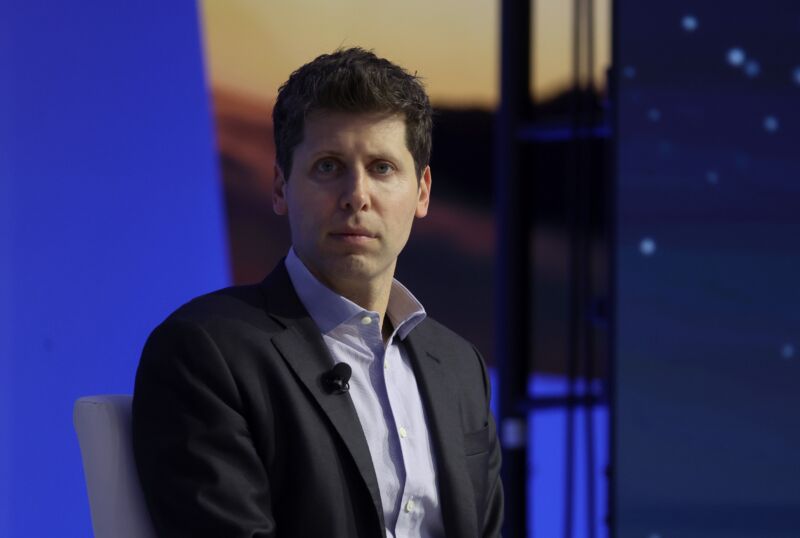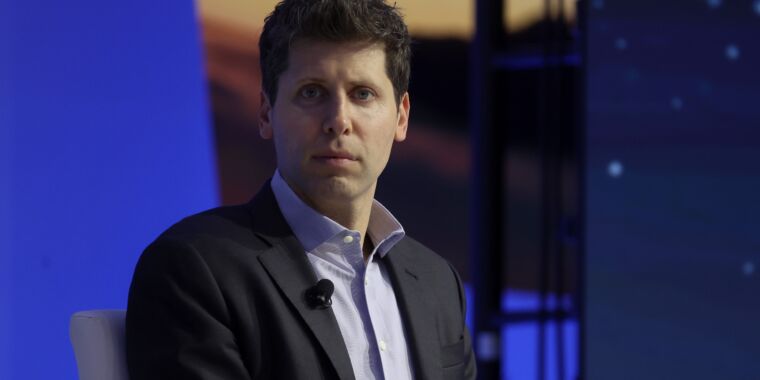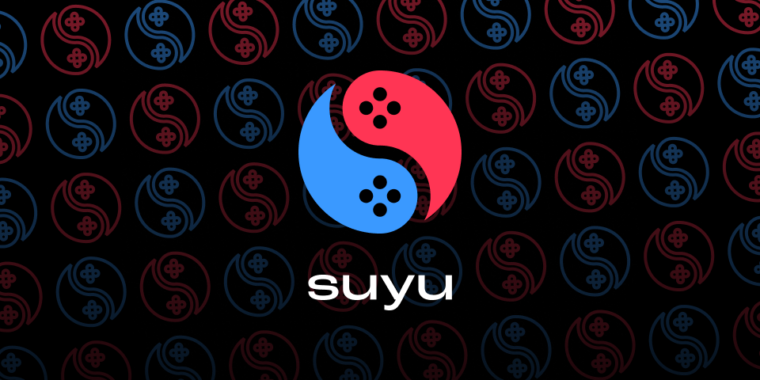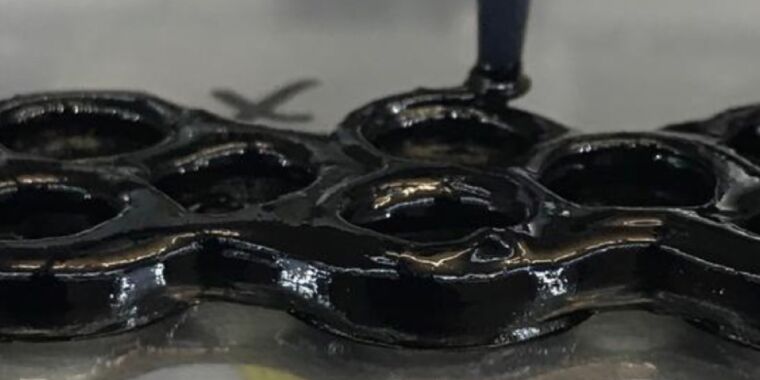
Getty Images | Justin Sullivan
After five days of chaos triggered by OpenAI’s firing of CEO Sam Altman, the executive is set to return to the company, while the board of directors that fired him is to be almost entirely remade. OpenAI said last night that it “reached an agreement in principle for Sam Altman to return to OpenAI as CEO.”
Altman had accepted a job on Sunday from Microsoft, a major investor in OpenAI. Microsoft also offered to hire OpenAI’s employees, who threatened to resign en masse if Altman wasn’t brought back. According to Altman, Microsoft CEO Satya Nadella supported his return to OpenAI.
“with the new board and w satya’s support, i’m looking forward to returning to openai, and building on our strong partnership with msft,” Altman wrote. Altman also wrote, “i love openai, and everything i’ve done over the past few days has been in service of keeping this team and its mission together.”
OpenAI said that the company and Altman are still “collaborating to figure out the details.” But three of the four board members who remained after the Friday departures of Altman and OpenAI CTO Greg Brockman will leave.
The one OpenAI board member who is staying is Quora CEO Adam D’Angelo, who was reportedly involved in the discussions that led to Altman’s return. The three who are leaving the board are OpenAI Chief Scientist Ilya Sutskever, entrepreneur Tasha McCauley, and Helen Toner of the Georgetown Center for Security and Emerging Technology.
New board could add six members
OpenAI said the “new initial board” will consist of D’Angelo, economist Larry Summers, and former Salesforce co-CEO Bret Taylor, who will be the chair. More board members will reportedly be added. At least for now, Altman will not regain his former position on the board.
“The previous board and Altman’s camp also agreed to conduct an independent investigation into his conduct, the decision to oust him last week and its aftermath, a person familiar with the matter said,” The Wall Street Journal reported. “The new board is expected to add as many as six additional members, the person said, in addition to continuing its duties.”
OpenAI’s interim CEO, Emmett Shear, who led the company for a few days, wrote, “I am deeply pleased by this result, after ~72 very intense hours of work. Coming into OpenAI, I wasn’t sure what the right path would be. This was the pathway that maximized safety alongside doing right by all stakeholders involved. I’m glad to have been a part of the solution.”
Meanwhile, some new details emerged about the days leading up to Altman’s firing. “In the weeks leading up to his shocking ouster from OpenAI, Sam Altman was actively working to raise billions from some of the world’s largest investors for a new chip venture,” Bloomberg reported. Altman reportedly was traveling in the Middle East to raise money for “an AI-focused chip company” that would compete against Nvidia.
OpenAI’s announcement of the firing on Friday provided little detail but said that Altman “was not consistently candid in his communications with the board, hindering its ability to exercise its responsibilities.”
“Slow erosion of trust” before firing
As Bloomberg wrote, “The board and Altman had differences of opinion on AI safety, the speed of development of the technology and the commercialization of the company, according to a person familiar with the matter. Altman’s ambitions and side ventures added complexity to an already strained relationship with the board.”
OpenAI has an unusual structure, with a nonprofit that controls the for-profit subsidiary OpenAI Global. A Wall Street Journal behind-the-scenes report noted that the nonprofit board’s mission is to “ensur[e] the company develops AI for humanity’s benefit—even if that means wiping out its investors.”
“According to people familiar with the board’s thinking, members had grown so untrusting of Altman that they felt it necessary to double-check nearly everything he told them,” the WSJ report said. The sources said it wasn’t a single incident that led to the firing, “but a consistent, slow erosion of trust over time that made them increasingly uneasy,” the WSJ article said. “Also complicating matters were Altman’s mounting list of outside AI-related ventures, which raised questions for the board about how OpenAI’s technology or intellectual property could be used.”
But Altman’s firing was so controversial that it threatened to unravel the company entirely. The WSJ wrote:
Over the weekend, Altman’s old executive team pushed the board to reinstate him—telling directors that their actions could trigger the company’s collapse.
“That would actually be consistent with the mission,” replied board member Helen Toner, a director at a Washington policy research organization who joined the board two years ago.
Toner commented on Altman’s return, writing, “And now, we all get some sleep.”








